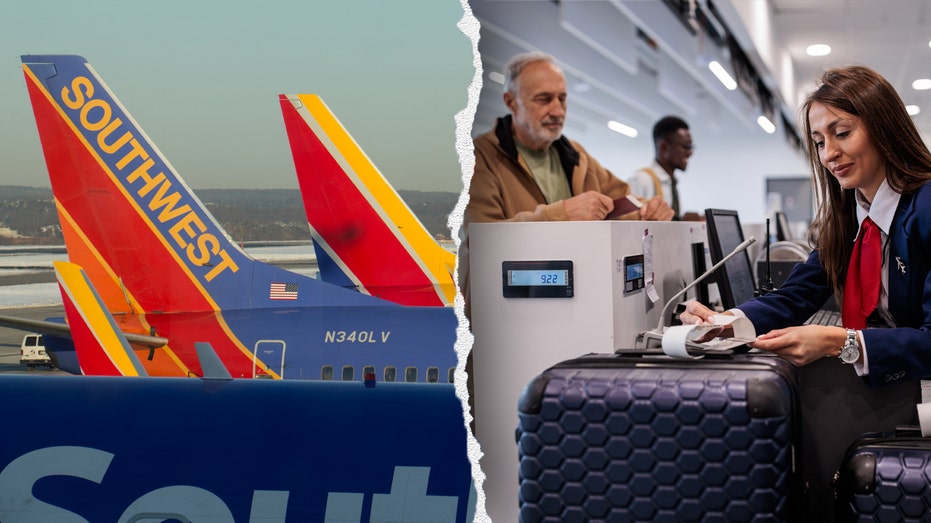- by foxnews
- 14 Mar 2025
Global Travellers Show Tremendous Interest in Sustainability, But Only Half Take Bold Action, Reveals Trip.com Group
Trip.com Group, a prominent global travel services provider, has unveiled that while awareness around sustainable travel is on the rise, there is still a considerable gap between awareness and actual practice.
- by travelandtourworld
- 22 Oct 2024
- in travel

Trip.com Group, a prominent global travel services provider, has unveiled that while awareness around sustainable travel is on the rise, there is still a considerable gap between awareness and actual practice.
The findings are based on a survey of 9,867 respondents from 109 countries and regions, including Asia-Pacific (APAC), Europe, the Middle East and Africa (EMEA), North America (NORAM), and Latin America (LATAM).
The Disconnect Between Awareness and ActionA striking 92% of travellers express interest in sustainable travel, yet only 56.9% have actively pursued it. Many who haven't considered it cited confusion about what sustainable travel truly means, while others questioned the authenticity of available sustainable products and initiatives. This points to a clear need for better consumer education and clearer communication from travel providers.
When it comes to cost, 1 in 5 travellers (21%) are willing to pay up to 5% extra for sustainable travel, but willingness decreases as costs rise. Only 4.7% are open to paying an additional 10-20%, and a mere 1.7% are willing to exceed that. The report also reveals regional differences: APAC travellers are more inclined to pay a premium for sustainable options, although a notable 32.3% in the region avoid paying extra altogether.
Increasing Demand for Sustainable Travel InformationWhile not all travellers consistently practise sustainable travel, there is a growing interest in eco-friendly options during trip planning. Over half of respondents (54.7%) now actively seek sustainable choices when booking online. These expectations extend to online travel agents (OTAs), with further insights showing that:
APAC and LATAM travellers, in particular, are calling for transparency, with 80% and 83.6%, respectively, expecting OTAs to label sustainable options. Access to sustainability-related information has rapidly become an essential consumer right, reinforcing the demand for more responsible travel choices.
Varied Motivations for Sustainable TravelSustainable travel continues to gain traction globally, but the motivating factors differ across regions. The report highlights that while environmental and cultural concerns dominate globally, with 47.3% of travellers prioritizing environmental protection, regional preferences vary:
This shift indicates that sustainability is being viewed more holistically, encompassing a wider range of concerns beyond environmental issues.
Engaging Gen Z in Sustainable TravelTo successfully promote sustainable travel, the industry must address the unique perspectives of Gen Z travellers. Despite being exposed to more sustainability-related information, Gen Z shows similar hesitation as older generations in paying extra for sustainable options. Several key insights emerged about this demographic:
These findings suggest that stronger educational efforts and clearer motivations are essential to encourage greater adoption of sustainable travel practices among Gen Z.
In its broader commitment to combat climate change, Trip.com Group has joined the Science Based Target initiative (SBTi) and aims for carbon neutrality by 2050. Furthermore, the Group plans to introduce over 10,000 lower-carbon travel products and encourage 100 million travellers to adopt low-carbon travel practices, significantly advancing the future of sustainable tourism.
- by foxnews
- descember 09, 2016
Southwest flyers fire back over airline ending free checked bag policy: 'Nail in the coffin'
Southwest has customers sounding off after the airline announced an end to its checked bag policy, leading some flyers to say they'll "boycott" the airline.
read more




